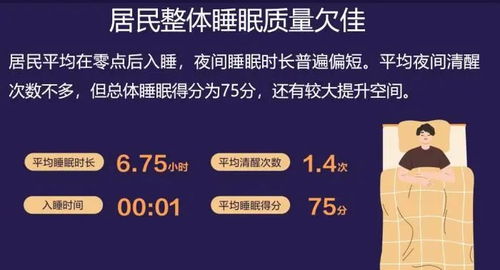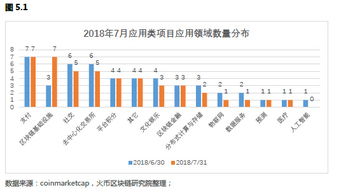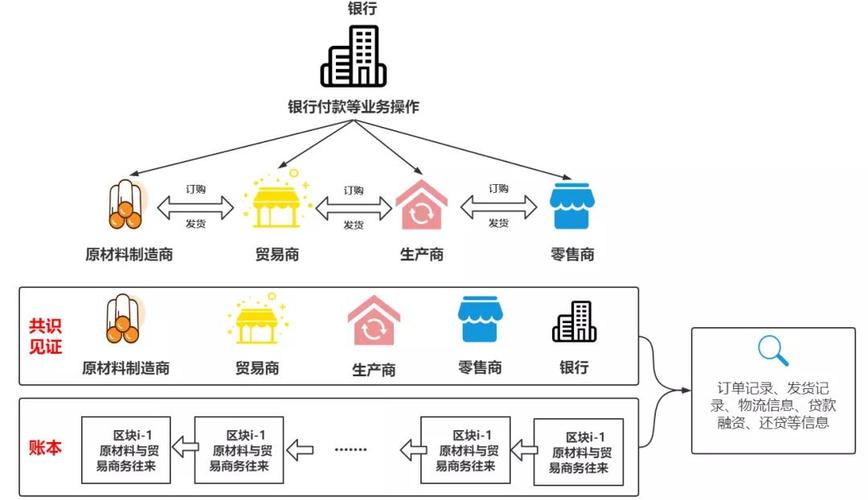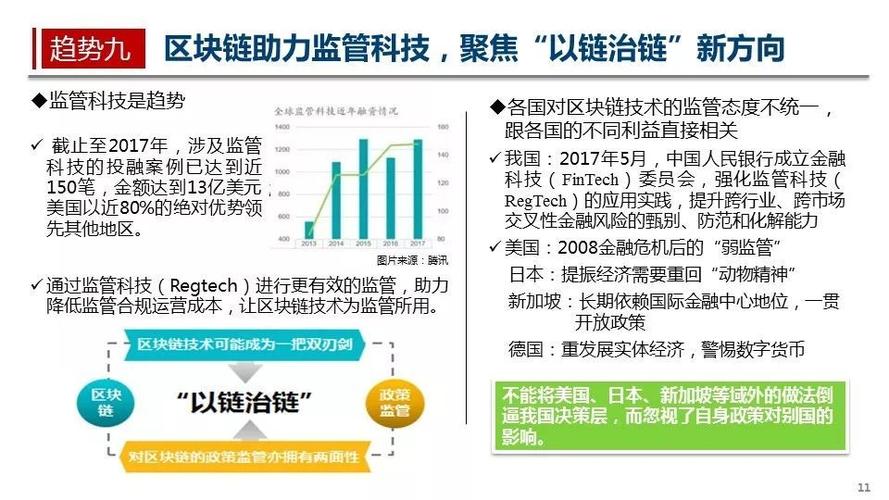浅谈区块链的七大应用场景
Exploring Blockchain Applications Across Industries
Blockchain technology, renowned for its decentralized and immutable nature, has found applications across various industries. Let's delve into some notable examples:
Finance and Banking:
1. CrossBorder Payments:
Blockchain facilitates swift and costeffective crossborder transactions by eliminating intermediaries and reducing transaction fees. Ripple's RippleNet and Stellar's network are prominent examples.
2. Smart Contracts:
Ethereum introduced smart contracts, selfexecuting contracts with the terms of the agreement directly written into code. They automate processes like loan issuance, bond trading, and insurance claims settlement.
Supply Chain Management:
1. Traceability and Transparency:
Blockchain ensures transparency and traceability in supply chains by recording every transaction on an immutable ledger. Walmart utilizes blockchain to track the journey of food products from farm to shelf, enhancing food safety and reducing waste.
2. Counterfeit Prevention:
Luxury goods manufacturers like LVMH and pharmaceutical companies use blockchain to verify the authenticity of products, thereby combating counterfeit products in the market.
Healthcare:
1. Patient Data Management:
Blockchain secures patients' medical records, allowing authorized healthcare providers to access patient data securely. This ensures data integrity, privacy, and interoperability.
2. Drug Traceability:
Pharmaceutical companies leverage blockchain to track the entire lifecycle of drugs, from manufacturing to distribution, to ensure the authenticity and integrity of medications, combating counterfeit drugs and enhancing patient safety.
Real Estate:
1. Property Title Management:
Blockchain simplifies property transactions by digitizing and securely managing property titles. Platforms like Propy enable seamless crossborder real estate transactions, reducing paperwork and increasing efficiency.
2. Tokenization of Assets:
Blockchain facilitates fractional ownership of real estate assets through tokenization, allowing investors to own a portion of a property. This increases liquidity and accessibility to real estate investments.
Digital Identity:
1. SelfSovereign Identity:
Blockchain enables individuals to have control over their digital identities, reducing identity theft and fraud. Projects like uPort and Civic provide decentralized identity solutions, allowing users to manage and share their identity credentials securely.
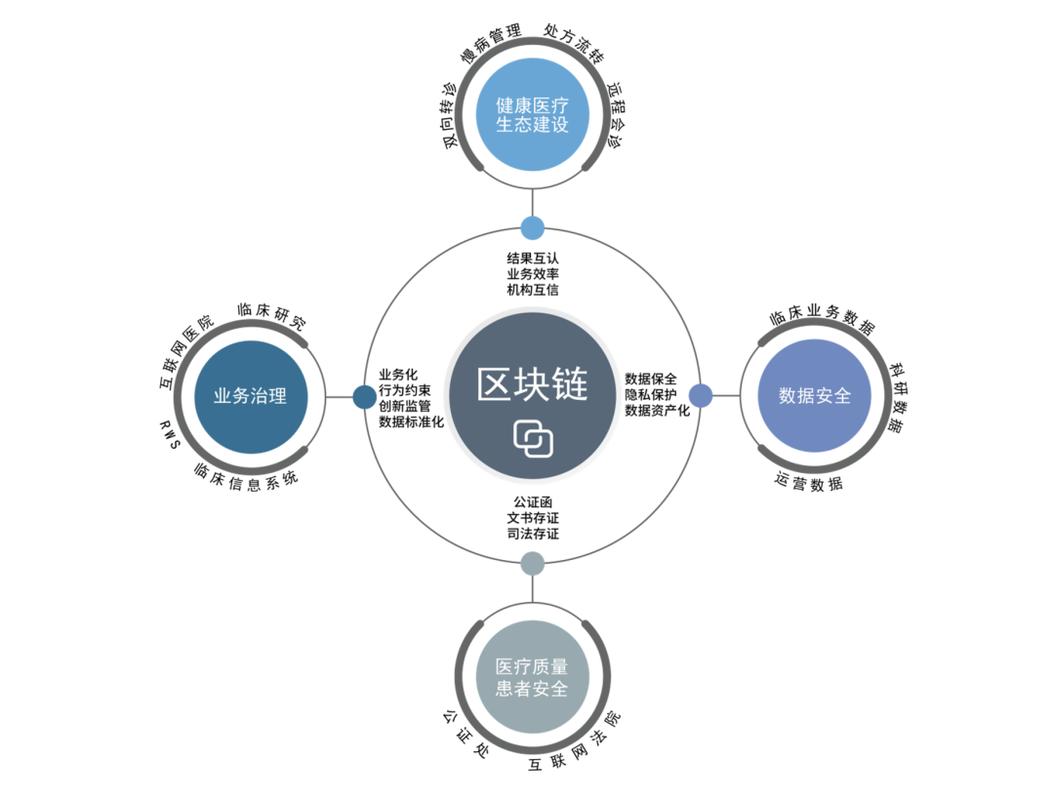
2. KYC and AML Compliance:
Financial institutions utilize blockchain for Know Your Customer (KYC) and AntiMoney Laundering (AML) compliance, streamlining customer onboarding processes while ensuring data security and privacy.
Voting Systems:
1. Secure and Transparent Elections:
Blockchainbased voting systems enhance the integrity and transparency of elections by ensuring tamperproof voting records. Voatz and Follow My Vote are pioneering blockchainbased voting platforms, offering secure and auditable voting solutions.
2. Proxy Voting:
Shareholders can use blockchainbased proxy voting systems to cast their votes securely and transparently during corporate elections, ensuring accurate and verifiable voting results.
In conclusion, blockchain technology holds immense potential to revolutionize various industries by offering transparency, security, and efficiency. As businesses continue to explore and adopt blockchain solutions, we can expect further innovation and transformation across diverse sectors.







